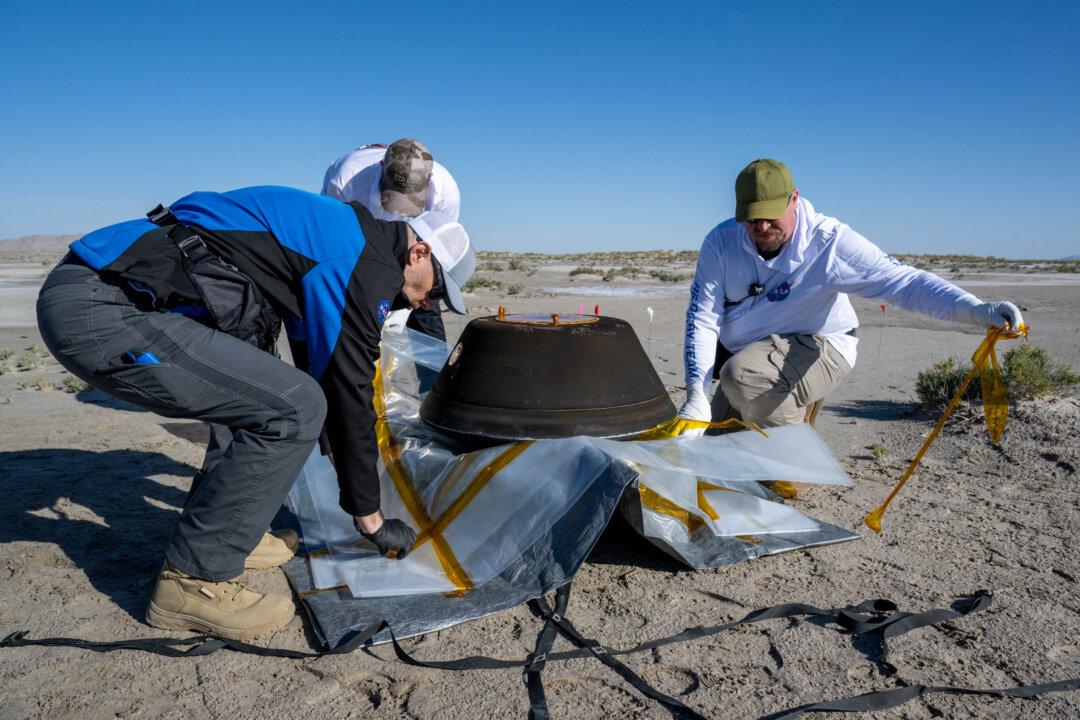BEIJING—China has asked some of the country’s state-run companies to avoid business trips to the United States and its allies, Bloomberg reported Jan. 15.
The State-Owned Assets Supervision and Administration Commission (SASAC), which oversees about 100 government-run companies, has told some firms in recent weeks to only take secure, company-issued laptops meant for overseas use if traveling is necessary, according to the report, citing people familiar with the request.
The detention has raised concerns over a potential backlash on U.S. firms operating in China, amid a trade war between the two countries.
China’s travel advice also included warning on traveling to the other countries in the Five Eyes intelligence-sharing pact—Canada, the United Kingdom, Australia, and New Zealand, Bloomberg said.
SASAC did not immediately respond to an emailed request for comment.
The Chinese regime also has targeted Canada since the arrest of Meng, the chief financial officer and “heiress” of Huawei. U.S. prosecutors have accused Meng of misleading banks about transactions linked to Iran, putting the banks at risk of violating U.S. sanctions.
Since the arrest, China has warned of unspecified consequences unless Meng was released, and has detained Michael Kovrig, a Canadian diplomat on unpaid leave from the embassy in Beijing, and Michael Spavor, a Canadian consultant, on suspicion of endangering state security.
Donald Clarke, a law professor at George Washington University who writes about Chinese law, said Schellenberg’s case “may be connected to China’s efforts to get Meng” released before her extradition to the United States.
Canadian Prime Minister Justin Trudeau accused Beijing of choosing to “arbitrarily apply” the death sentence.
Western diplomats say the cases are a tit-for-tat reprisal.
While Beijing has denied any link between the detentions and Meng’s case, the message is clear: They are hostages that the Chinese regime wants to use to secure the Huawei executive’s release.
“China is taking innocent people as hostages to pressure Canada not to extradite Meng Wanzhou,” Clarke wrote.
On Jan. 14, Canada’s foreign ministry updated its travel advisory for China to warn citizens about “the risk of arbitrary enforcement of local laws.”
On Jan. 3, the U.S. State Department renewed its warning for U.S. citizens traveling in China to exercise increased caution due to “arbitrary enforcement of local laws” amid heightened diplomatic tensions over the arrest of Meng.






